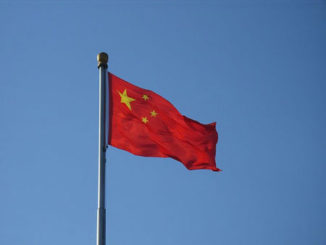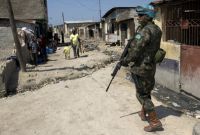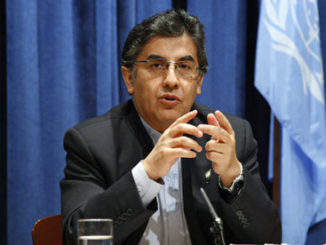
China’s Neo-Colonialism
Source: The New Internationalist
|
Gene Zhang under a CC Licence |
On 1 January 2010, the China-ASEAN (Association of Southeast Asian Nations) Free Trade Area went into effect. Touted as the world’s biggest Free Trade Area, CAFTA is billed as having 1.7 billion consumers, with a combined gross domestic product of $5.93 trillion and total trade of $1.3 trillion.
Under the agreement, trade between China and six ASEAN countries (Brunei, Indonesia, Malaysia, the Philippines, Singapore and Thailand) has become duty-free for more than 7,000 products. By 2015, the newer ASEAN countries (Vietnam, Laos, Cambodia and Burma) will join the zero-tariff arrangement.




